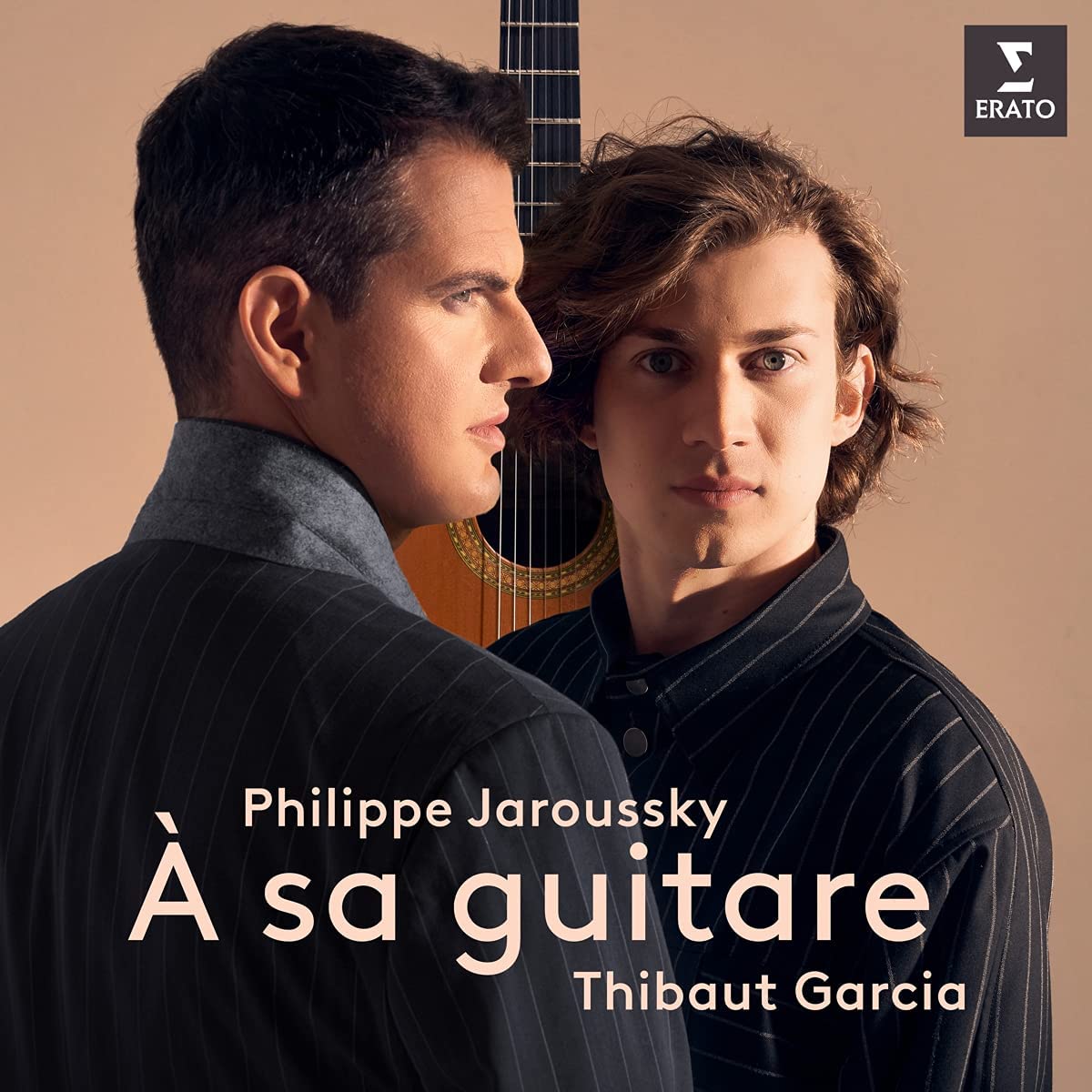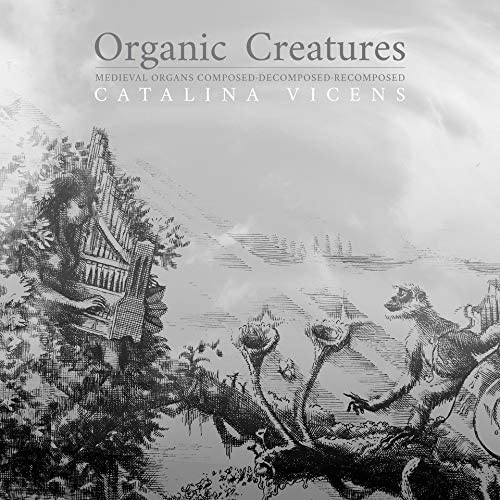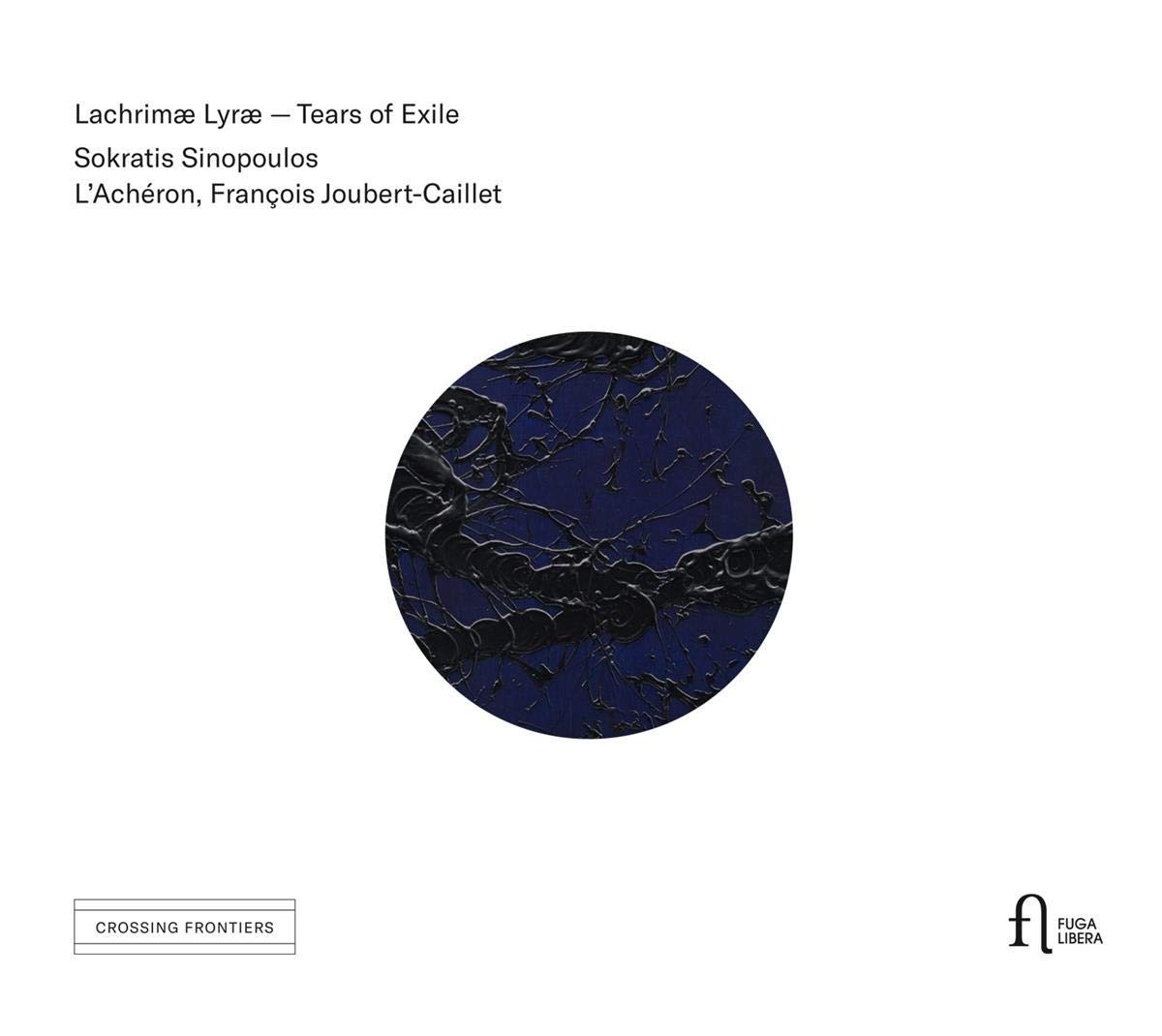Philippe Jaroussky, Thibaut Garcia
69:03
Erato 0 190295 005702
Click HERE to buy this album on amazon
[Doing so supports the artists, the record company and keeps this site available – if no-one buys, no money is made and the site will disappear…]
This eclectic CD seems to be the result of two musicians ‘clicking’ and enjoying making music together – and this enthusiasm infuses the wide range of repertoire represented here. While Jaroussky’s countertenor voice is largely associated with music of the Baroque, Thibaut Garcia plays a modern guitar and the pair range throughout the entire history of music from the 16th to the 20th centuries. Curiously, the earliest repertoire (Dowland and Purcell) and the latest repertoire (Poulenc, Granados, Rodriguez, and Britten) sound the most effective, while the classical and romantic music is more problematic. Perhaps this is less due to the arrangements for guitar, which are surprisingly effective, than to the appropriateness of the countertenor voice for this repertoire. Schubert’s Erlkönig is a case in point. The contrasting use of different registers in the original is turned on its head, while the guitar struggles to portray the pounding hooves of the horse with anything like the drama of Schubert’s original writing. I remember attending a performance by the countertenor Andreas Scholl of romantic Lieder, and I had exactly the same reservations about that. It seems inevitable that specialists in the music of a particular period find the grass greener in unrelated periods. This CD is evidence that, while the musicians may be superb exponents of their art, such explorations can only be partly successful. And then again, the lovely modern ballad Septembre by Barbara works superbly well – perhaps the mistake was feeling the need to spread themselves across the history of music, rather than finding truly sympathetic repertoire. To end on a positive note, the two musicians’ musical rapport and superb musicality emanate from every track, and the repertoire which does work is beautifully executed.
D. James Ross


